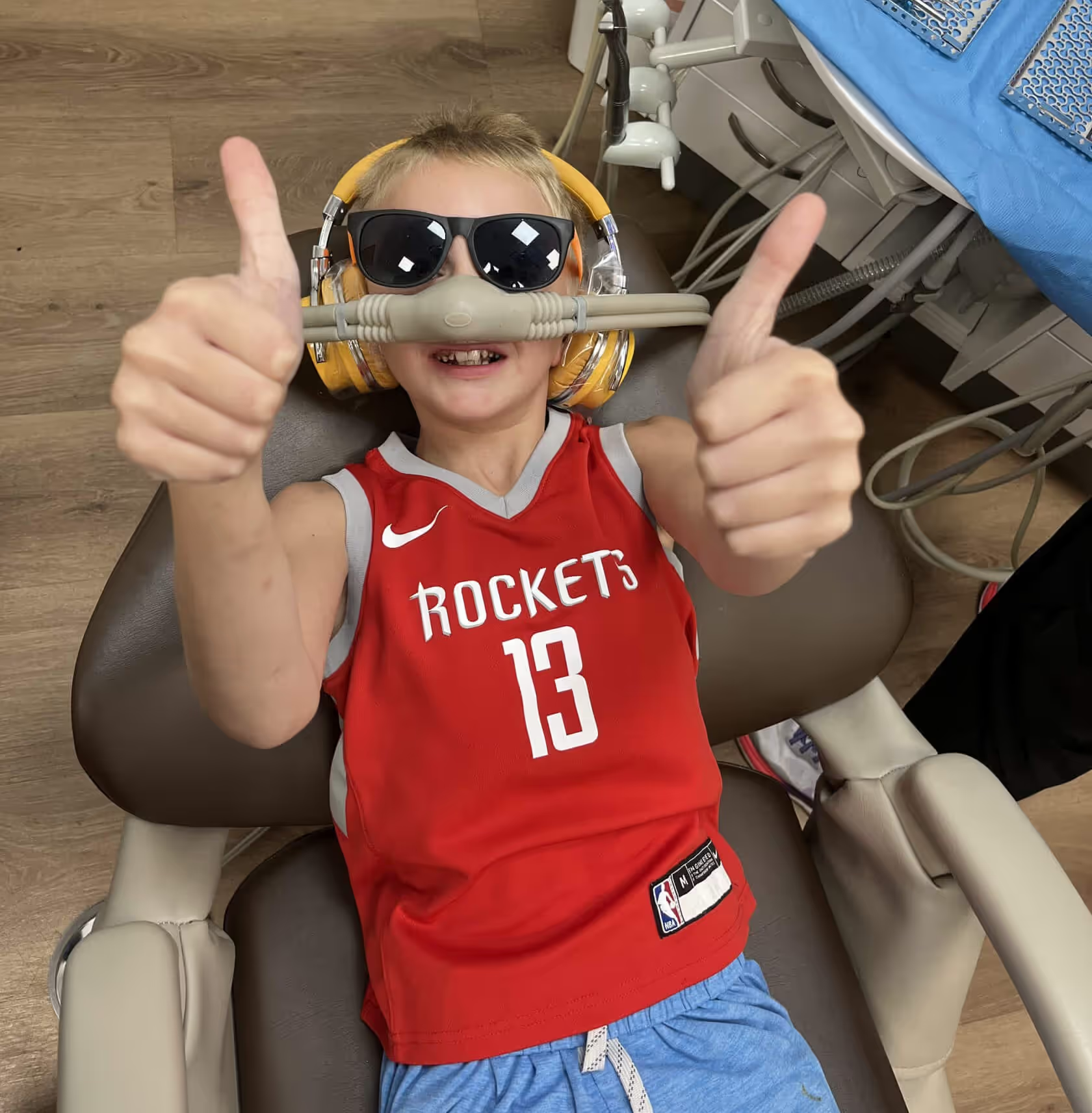We completely understand your concern for your child's safety — it's our top priority too. Both our sedation options are safe and widely used in pediatric dentistry. Dr. Edie and Dr. Pinkerton will carefully review your child's medical history and discuss any concerns with you before recommending sedation. For general anesthesia, our in-office anesthesiologist is specially trained in pediatric care and will monitor your child closely throughout the entire procedure.
I love this new dental place for my son. Dr. Edie and the staff were so nice and warm. Thank you everyone for such a great experience. I would highly recommend this place to anyone looking for pediatric dental care.












.svg)







